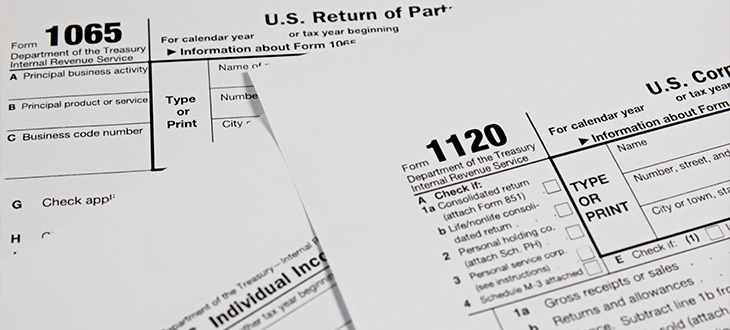Top Tax Filing Mistakes That Could Trigger an IRS Audit in 2025

As tax season rolls around, it’s important for filers—especially small-business owners—to avoid common missteps that could trigger an IRS audit. While the IRS often corrects minor errors automatically, certain red flags can lead to deeper scrutiny. Stephen Weisberg, principal attorney at The W Tax Group, highlights four key audit triggers and how to steer clear of them.
- Failing to Report All Income
One of the most straightforward yet common mistakes is forgetting to report income. The IRS receives copies of all income forms, such as W-2s and 1099s, and will compare them to what you report. Overlooking income from freelance work, interest, or stock sales can lead to an automatic audit.To prevent this, keep organized records and wait to file until you’ve received all income documents. Employers and payers are generally required to send these forms by January 31. If a form doesn’t arrive, reach out to the issuer before submitting your return.
- Overstating Business Expenses or Underreporting Income
Small-business owners must be especially cautious. Large losses or unusually high expenses reported on Schedule C can raise suspicions that personal costs are being claimed as business deductions. Consistently reporting losses over several years may also lead the IRS to question whether the business is legitimate.Cash-heavy businesses such as restaurants, barber shops, and salons are especially vulnerable to income misreporting concerns. Accurate and consistent recordkeeping is key.
- Misusing the Home Office Deduction
Claiming a home office deduction is legitimate for self-employed individuals who use a dedicated space exclusively for business. However, misapplying this deduction—especially for remote workers employed under a W-2—can prompt audits.There are two ways to calculate the deduction:
- Simplified method: $5 per square foot, up to $1,500.
- Direct method: Deducts a portion of household expenses based on the office’s square footage.
Whichever you choose, it’s essential to maintain clear documentation to prove business-exclusive use of the space.
- Overreporting Vehicle Use for Business
If you deduct vehicle expenses, be honest and precise about business vs. personal use. The IRS may question excessive mileage claims that don’t align with the nature of your business.Use a mileage log to record the date, distance, and purpose of each business-related trip. You can either deduct based on total mileage or itemize individual vehicle-related expenses.
While an IRS audit may not be common, making these errors significantly increases your risk. Proper recordkeeping, accurate reporting, and a clear understanding of what qualifies as a legitimate deduction can help you file confidently and avoid unnecessary trouble with the IRS.
Click here to view the original web page by Christine Ji at forbes.com
